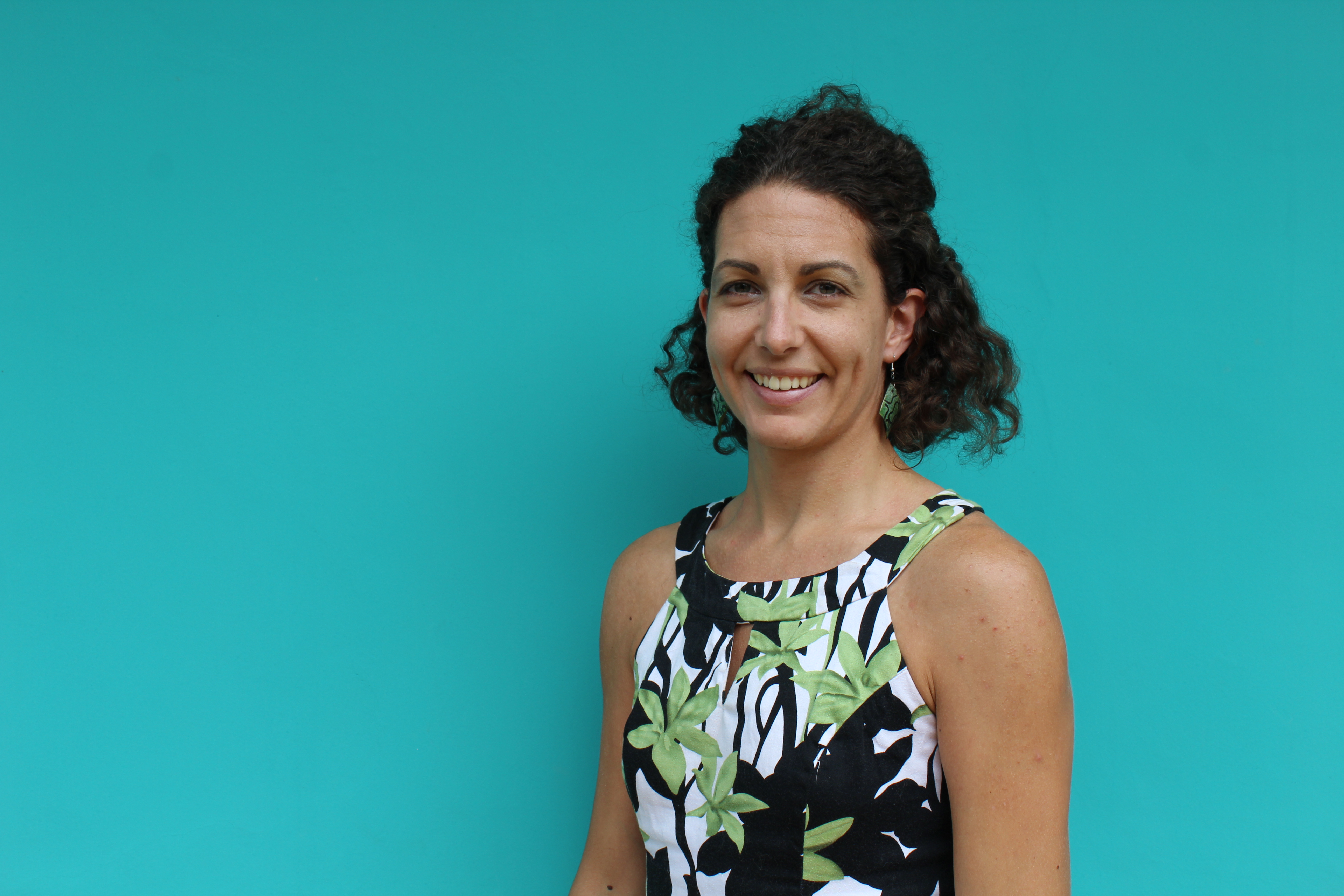
Solution name: The Twende Initiative: Available, Affordable, and Accessible Menstruation
Jennifer Rubli
Health Systems Strengthening
Social
Pilot
Rural
The lack of access to accurate, practical information and resources for women in Africa around menstruation is overwhelming. There are many taboos, stigmas, and restrictions attached to menstruation that restrict, shame, and diminish women. Disposable pads are unaffordable, poorly stocked and, if stocked, are of poor quality. Women are also often ashamed to purchase from male clerks. Furthermore, most water, sanitation and hygiene facilities are inappropriate with no doors or locks, with no space to change and no water and soap to wash. This situation puts these women at greater risk for contracting diseases and infections. As a result, women often are left with no option but to miss school or work or are forced to leave early. They may resort to transactional sex to obtain the resources they require, such as products, underwear, soap, etc. Social exclusion during menstruation from shame or fear also results in reduced financial independence.
Femme International is an NGO that operates in the East African region where the organisation has successfully developed and implemented a comprehensive education-based intervention along with distribution of reusable menstrual products. Jennifer Rubli has worked for Femme International since 2013 as a Research and Monitoring and Evaluation coordinator. She is part of the East Africa Menstrual Health Management (MHM) Research Network and co-leads the research/M&E task force for the African Coalition for MHM.
Twende capitalises on user demand from school-based education programmes to make quality, reusable menstrual products available, accessible, and affordable in local markets. Sales agents will conduct community workshops and comprehensive menstrual and reproductive trainings to educate and sensitise communities, then offer products for sale. Twende also works to educate and engage men at meetings, workshops, on Facebook, and door-to-door. The solution will include an appropriate payment schemes which will allow users to afford their product. The menstrual cups are bell-shaped receptacles made of medical-grade silicone which will be worn vaginally to collect and not absorb blood. The menstrual cups can be worn up to 12 hours and last 10 years. They require little water and do not alter vaginal flora. The reusable pads are washable and can last up to 2 years.
